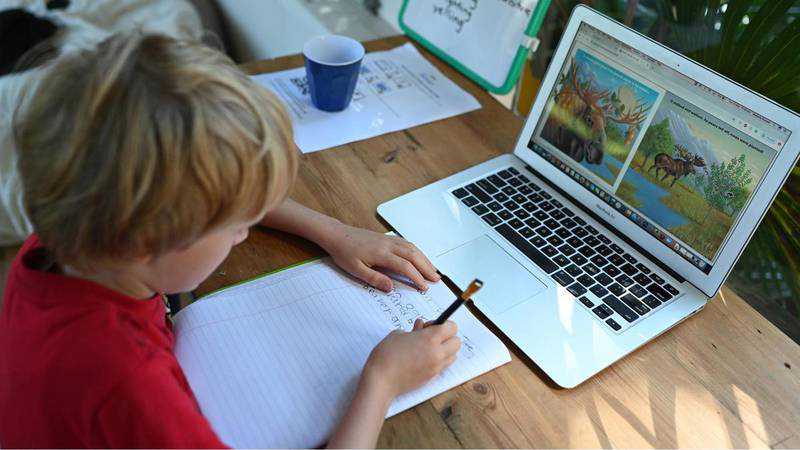Middle East and Africa’s EdTech and smart classroom market set to grow to $7.1bn by 2027
07 November, 2021

The Middle East and Africa’s education technology and smart classroom market is estimated to grow to Dh26 billion ($7.1bn) by 2027 as the Covid-19 pandemic accelerates the shift to digital education, according to a new report.
The widespread adoption of smartphones, interactive displays and other digital learning tools in classrooms are crucial drivers of this growth, the study by global market research company Report Linker found.
The 400-strong local and international contingent of EdTech companies participating at Global Educational Supplies and Solutions (GESS) Dubai, an education conference and exhibition that will be held from November 14 to 16 at the Dubai World Trade Centre, aim to leverage this demand for digital learning.
“This is a strong confirmation that the education sector in this part of the world is showing great promise for the future,” said Matt Thompson, project director of Tarsus, organisers of the GESS portfolio of education exhibitions and conferences in the UAE, Turkey and Indonesia.
The EdTech industry played an integral role in ensuring the continuity of education when schools closed to contain the spread of the pandemic. Investment in EdTech companies globally surged to a record $36.3bn last year, from $18.6bn in 2019, said market research company Metaari.
Emerging markets attracted the lion’s share of investments in EdTech start-ups last year, with India surpassing the US in terms of capital allocated. Although only $30 million was invested in EdTech companies in the Middle East and North Africa region in 2020, the amount of investment is set to increase steadily from a low base, according to Dubai-based venture capital company Global Ventures.
The MEA region hosts a robust start-up ecosystem developing EdTech solutions that integrate technological innovation such as augmented reality, virtual reality, artificial intelligence, robotics and blockchain to provide immersive and engaging teaching and learning experiences in classrooms or at home, Mr Thompson said, citing the Report Linker research.
"AR and VR are anticipated to be the largest revenue contributors to the education sector in the coming years as a large number of start-ups, receiving high venture capital funding, are entering this field," according to the study.
Canada-based robotics platform ezrobot, which is looking to expand its operations in the Middle East, is participating at GESS Dubai.
“We are excited to help educators learn how they can dramatically increase engagement in robotics, coding and AI education. Many schools that have implemented our strategies have seen enrolment in their robotics programmes increase by as much as 1,000 per cent,” said Dennis Kambeitz, chief executive of ezrobot.
Abu Dhabi-based EdTech business Alef Education, will showcase its AI-powered Alef Platform, which has been adopted by the UAE Ministry of Education for use in all public schools in the Emirates, at the exhibition.
“Digital learning tools will make education more accessible and prevent future learning losses as we embrace for future events that may disrupt the global education sector, much like the current Covid-19 pandemic,” said Geoffrey Alphonso, chief executive of Alef Education.
Source:
TAG(s):
